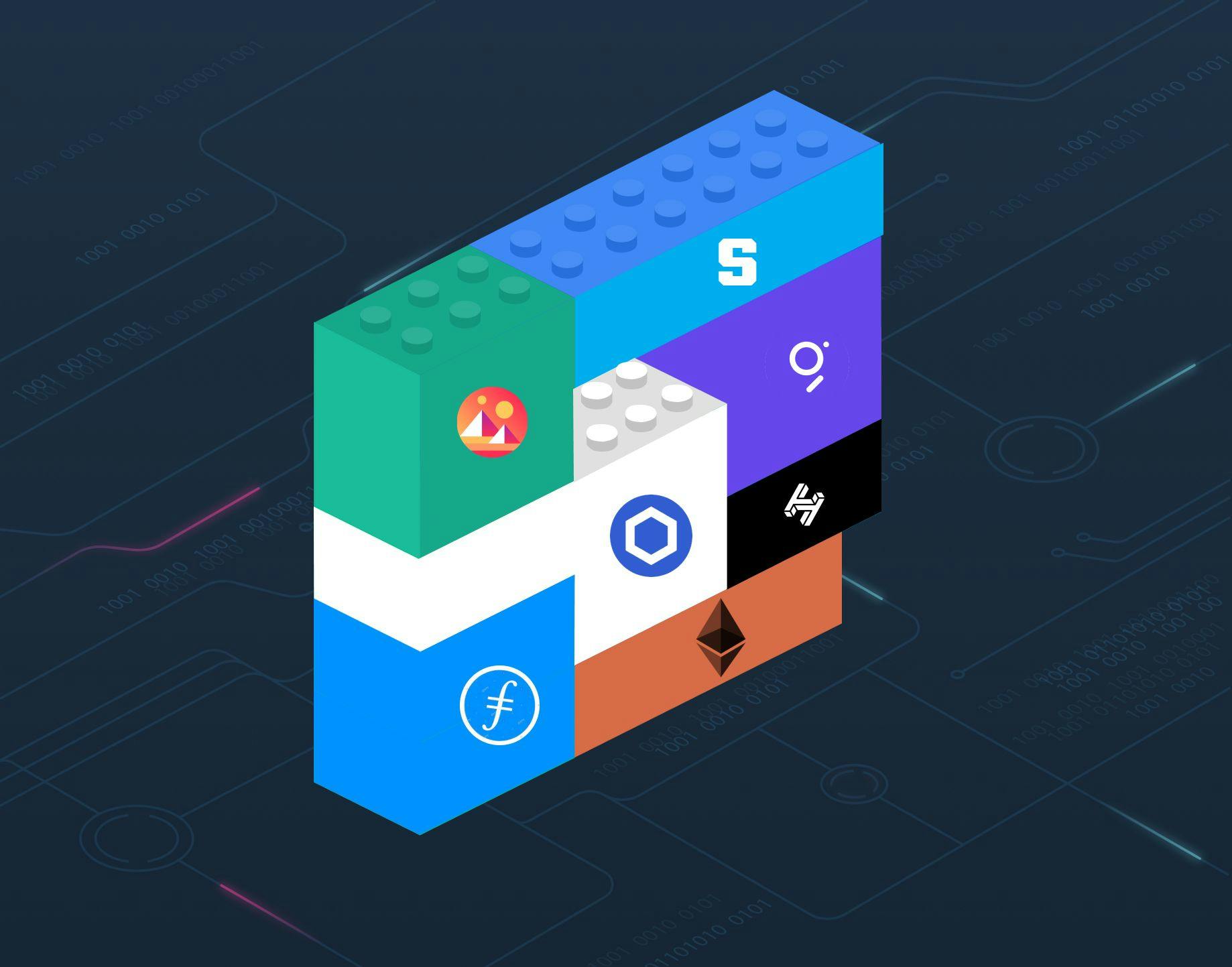1,187 reads
How The Metaverse Relies on The Data Economy
by
October 28th, 2021
Audio Presented by
Functional Programmer, Interactive Artist, Entrepreneur & Adorable Cryptoanarchist
About Author
Functional Programmer, Interactive Artist, Entrepreneur & Adorable Cryptoanarchist
